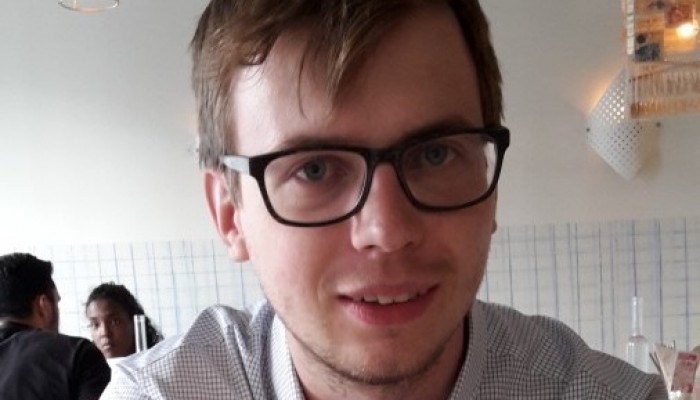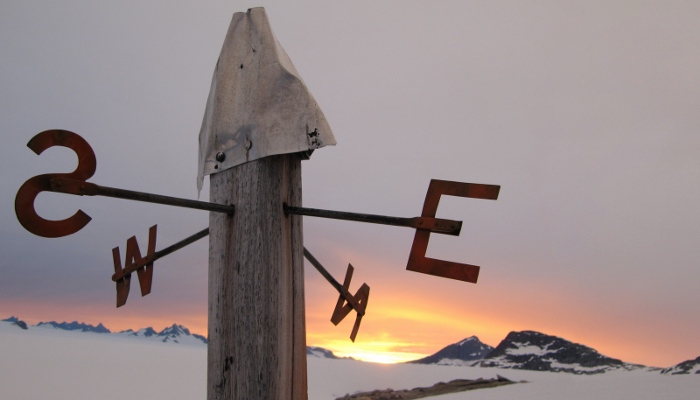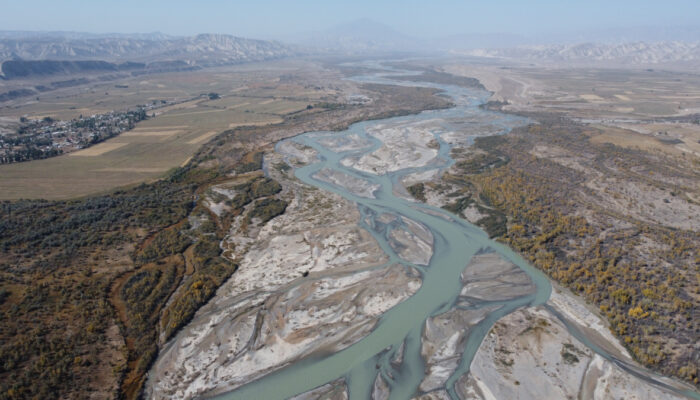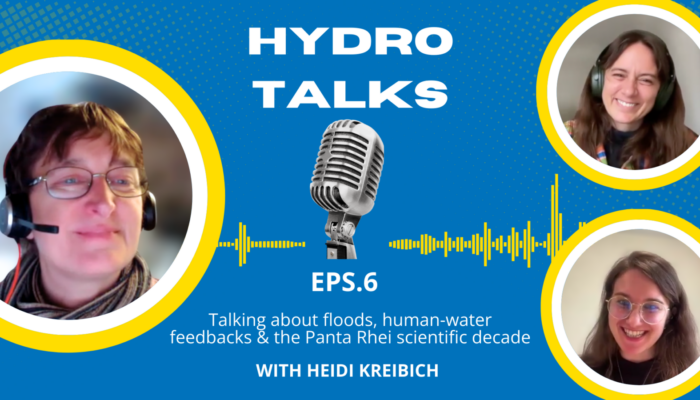The EGU offers a platform for early career scientists (ECS) to become involved in interdisciplinary research in the Earth, planetary and space sciences, through sessions, social events and short courses at the annual General Assembly in April. One of the ways of ensuring that the voice of the Union’s ECS membership is heard is via the division early career scientist representatives. Feedback gathe ...[Read More]
If you didn't find what you was looking for try searching again.
Energy, Resources and the Environment
Funding opportunity for Early Career Researchers to attend GSA Baltimore
The Heritage Stone Task Group in southern Europe is a Task Group within the IUGS. In March, HSTG had a proposal accepted as Project 637 of the International Geoscience Programme (IGCP 637). With this acceptance, IGCP 637 offered $US6,000 in 2015 to support conference participation. HSTG has decided that this funding should be used in 2015 to support attendance to our session in the GSA Baltimore ...[Read More]
Cryospheric Sciences
4 Reasons Why You Should Get Involved as an Early Career Scientist (& a caveat) – Allen Pope
You’re an early career scientist (ECS), or maybe you mentor one. So you know that we ECS are busy people, with responsibilities ranging from coursework to teaching, research to outreach, and labwork to fieldwork. And now there is this listicle (no, I’m not embarrassed about choosing this format) telling you to make time in your already packed day to volunteer some of your time to a(n early career) ...[Read More]
Seismology
The Young Earth Scientists Network
Are you looking to join a global network of earth scientists? The Young Earth Scientists Network (YES Network) is an association of earth-scientists who are primarily under the age of 35 years that represent geological organisations and companies from across the world. The network has been established quite recently, in 2007, and has been running annual meetings since then. Each meeting has been h ...[Read More]
GeoLog
Seeking young scientists! A great opportunity to get involved in the EGU
Young scientists make up a significant proportion of the EGU membership and it’s important to us that your voices get heard. One way to do this is by getting in touch with your division’s young scientist representative, or better yet, putting yourself forward as a young scientist representative for your division. Young scientist representatives are a vital link between the EGU and the young scient ...[Read More]
GeoLog
Resource site for young scientists launched!
Early career researchers make up a large proportion of the EGU membership and students (both graduate and undergraduate) regularly make up about a third of General Assembly participants. With so many young scientists involved in the EGU, it’s time we had something that caters for them – the young scientists’ website! The new website is a hub of information on jobs, events and resources that ...[Read More]
GeoLog
Events for Young Scientists at EGU 2013
Short Courses Demystifying Open Access – an open discussion for early career researchers tackling how OA can benefit young scientists without compromising their careers. From what it costs to publish an open access paper to how we can measure its impact, all interested scientists are invited to drop in and join us over drinks in a marketplace of discussion. How to apply for a job. It’s a topic rar ...[Read More]
Geomorphology
Highlighting: Fluvial Biogeomorphology! (Interview with Florian Betz)
This blog post is part of our series: “Highlights” for which we’re accepting contributions! Please contact Emma Lodes (GM blog editor, elodes@asu.edu), if you’d like to contribute on this topic or others. by Florian Betz, Principal Investigator at the Earth Observation Research Cluster at University of Würzburg. Email: florian.betz@uni-wuerzburg.de What is biogeomorphology and why is it important ...[Read More]
Tectonics and Structural Geology
TS Must-read – wrap up and tectonics history
TS Must-read series, the wrap up In 2020, we started the Must Read activity by asking the TS community a simple question: which papers do you think every tectonics and structural geology student should read? that led to more than a thousand nominations and lively debate. A short list of 48 Must Read papers was distilled by adding 3 complementary contributions to the 45 entries that had the larges ...[Read More]
Hydrological Sciences
HydroTalks: Heidi Kreibich about Floods, Human-water Feedbacks, and the IAHS Scientific Decade Panta Rhei
For this month’s episode of HydroTalks, we’re thrilled to welcome Heidi Kreibich. She is head of the Section Hydrology at GFZ Helmholtz Centre for Geosciences and senior lecturer at the Geography Department of Humboldt-Universitat zu Berlin. Heidi is also president of the Natural Hazards division of the EGU and president of the International Commission on Human-Water Feedbacks in the IAHS. In add ...[Read More]





